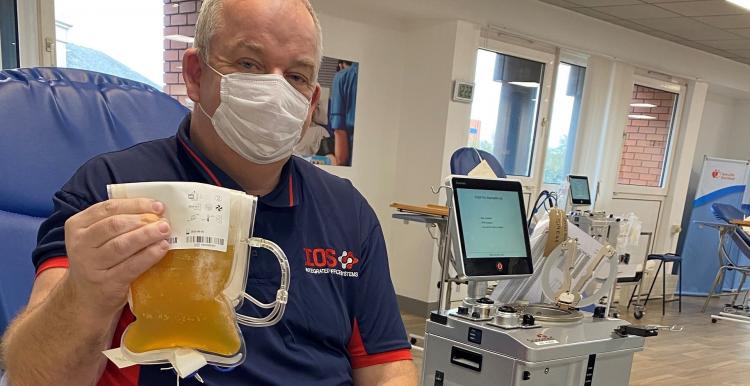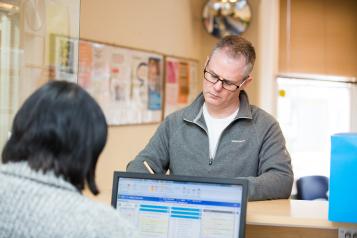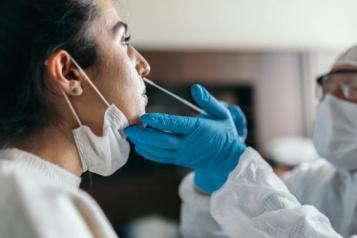Appeal for Teesside people who were hospitalised with COVID to donate blood plasma

Donors who received hospital treatment for coronavirus are more likely to have the high level of antibodies needed for convalescent plasma, which could help others in hospital struggling to develop their own immune response to the virus.
People of all levels of illness can donate – including people with minor symptoms – but there is a special need for the most seriously ill people to donate as new analysis shows generally they have the highest antibody levels.
There is a newly opened donor centre on Columbia Drive, Thornaby, Stockton-on-Tees, one of 42 centres around the country where people can donate. Over the next seven days, 53 people from around Teesside are booked in to donate convalescent plasma at the Stockton centre.
Robert Martin became a convalescent plasma donor after nearly dying from COVID. The 55-year-old, from near Yarm, spent three weeks in intensive care during March and April.
He said: “My family were told to be prepared to make tough decisions. The doctors told me ‘you don’t know how ill you were’.”
Robert, a company director, initially thought he had a chest infection but began struggling to breathe. He was admitted to hospital and given oxygen but then, 11 days after first falling ill, he was put into an induced coma.
After he was discharged, NHS Blood and Transplant asked him to donate and he has now give plasma 12 times.
"I wouldn’t wish what I went through on anyone, so if I can help someone I will. Donation is painless – you just sit down, have a cup of tea, and you can help someone else.”
Robert used to donate in Newcastle but now donates at the new Stockton plasma donation centre.
NHSBT is taking donations for the plasma arms of the RECOVERY and REMAP-CAP trials. The trials will determine whether the antibody-rich blood plasma found in people who’ve had coronavirus could be an effective treatment for general use in the NHS.
Professor David Roberts, NHSBT associate medical director for blood donation, said: “Our analysis shows people who had hospital care make our best donors. They have the highest antibody levels and their antibodies stay higher for longer. Your body quickly replaces the donated plasma and antibodies and it does not affect antibody levels in the long term.
“We are grateful to everyone who has been willing to donate their plasma, especially to those people who were in hospital and will have had a difficult time this year. By donating, they could be helping to save lives.”
If you’ve had confirmed coronavirus or the symptoms, you can volunteer today to donate plasma at www.nhsbt.nhs.uk or simply search online for ‘donate plasma’.


